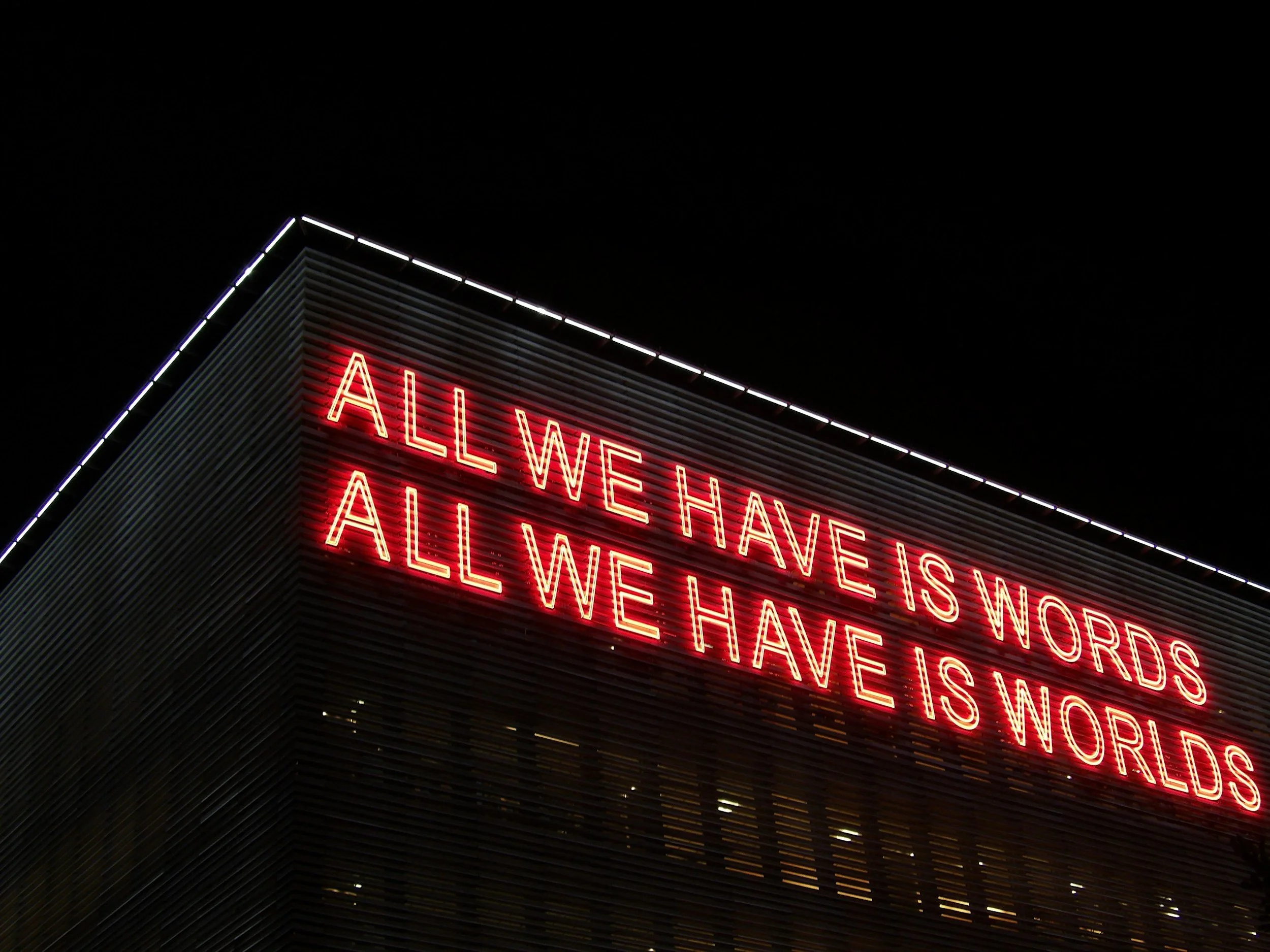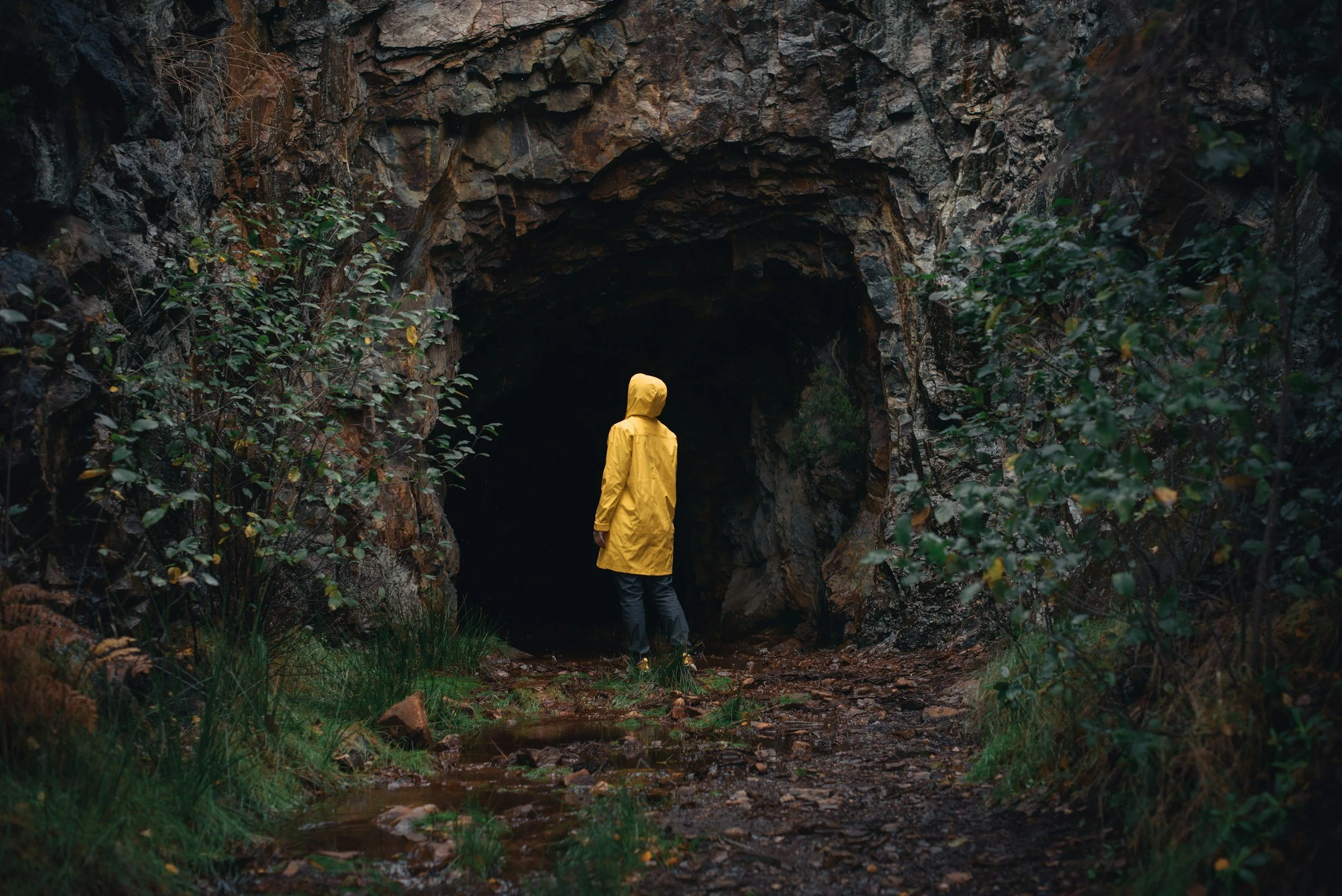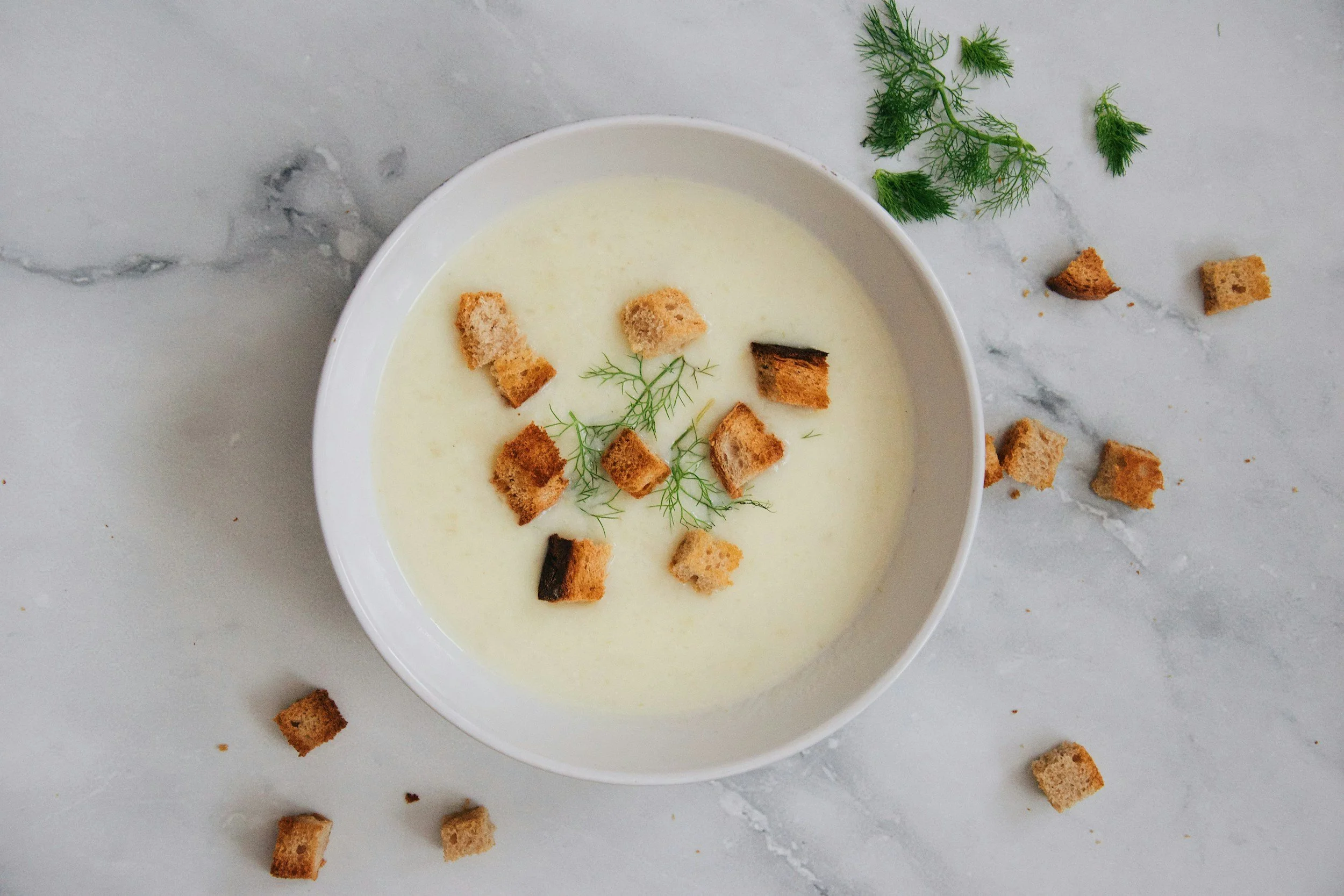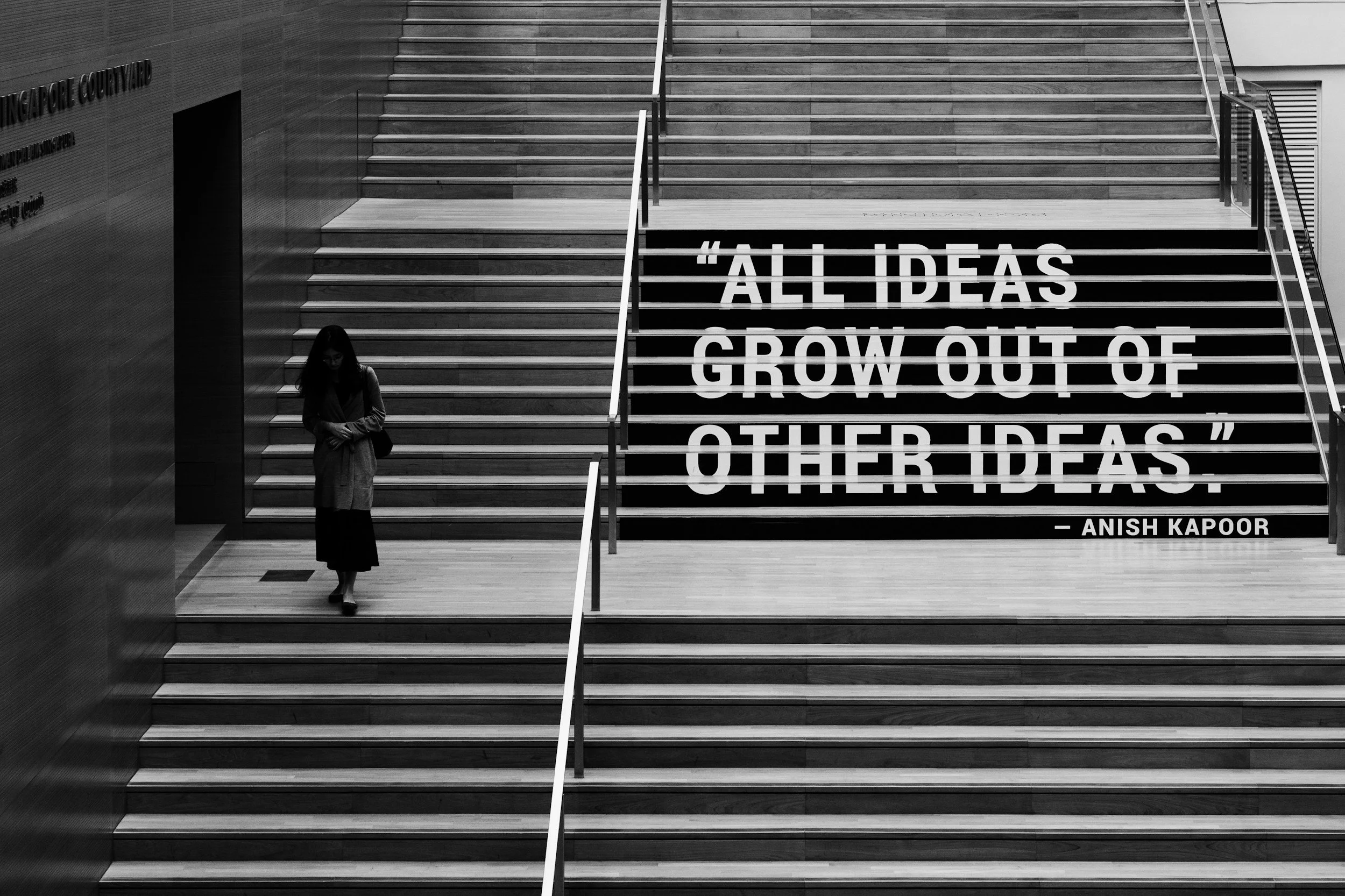What does our language say about how we see things?
This blog explores what the impact of our words are on how we see the world and how we are in it. It considers how our environment may influence our words and thoughts and how we may observe our thoughts and words and learn patterns of thought and speech that reflect more who we want to be and how we want to see the world.
What is it that we really want and how can we have more of it in how we approach each moment?
What is behind what we want and how can we bring those qualities into our lives more regardless of the outcomes we are working towards? This blog explores what the qualities are behind the things we want and asks if there are ways we can create more of those qualities without them only being the bi-product of outcomes.
When faced with the unknown and all its possibilities how do we want to be?
This blog explores how we may face the unknown. How can we reframe the ‘what ifs’ that stop us starting because we worry we may not be able to complete the thing we want to do. Sometimes the only way to learn to do it is to do it and then it is a matter of how we go about it.
What can a crouton tell us about purpose?
A crouton is often not the intended outcome for a loaf of bread. Like a crouton what are the things that come to be in our life and still fulfil a purpose even if how we intended them to isn’t how it transpires? This blog explores how purpose can shift, the different shapes purpose can take and how we can choose to see purpose.
What do we miss when we’re seeking the summit over the rightness of the attempt?
This blog, inspired by Wade Davis’ work on Mallory’s attempts to summit Everest, explores what can be lost if we focus only on an outcome and what it means to balance ambition with a right attempt at achieving the summits we seek in life.
What is on our maps? Navigating life, uncertainty and finding our way.
What do we need to help us navigate our lives and get us to where we want? The world is full of navigation metaphors and analogies, but how clear our we on our own maps for navigating our world and our life. What is on our map, where is still to explore? This blog reflects on what we need to help us more consciously navigate our world and our lives.
How does how we see leading shape when, where and even if we lead? What if leading isn’t just a role but a way of being in any context?
What if we are always leading and it is more a question of how, when and where we want to lead? This blog explores all the assumptions we make about leading and asks what does it mean to lead in all contexts rather than seeing leading as determined by the roles we have or don’t have in life.
What would you most worry about deleting and what would be a release to have deleted?
This blog asks what the impact of finding something to be deleted would be for us. What would we miss? What would we be grateful for? What would we be inspired to finish knowing it could be deleted? In exploring this it asks what do we want to choose to let go of, what do we want to appreciate more and what do we want to finish rather than see deleted?
What does it mean to lead humanly and what would the impact be for us and others?
This blog explores what the realities of being human are and what they mean for how we live and lead. If we are fallible and finite and also capable beyond our wildest expectations what does that mean for how we are and what we focus on?
What hat are we wearing and how do we get it to suit us?
What are the different roles we play and what does it look like to play them to our strengths? This blog, using the analogy of wearing multiple hats explores what hats we are wearing, what hats do we want to wear and what it looks like to wear those hats in a way that best suits us.
What are the things we can only know the value of when we share them?
What is the gift we may not know until we share our work? Be that an idea, a thought or a project we’re working on, this blog explores how it may only be in the act of sharing it that we realise the gift it is, for us or for others. Therefore, this blog asks, if we knew that only in sharing our work may we realise the gift it is, what would we share?
Making things work - what is the impact of our approach on how we make things work and whether they ever really work for us?
When we are working to make something work what are we focusing on, the process, the outcome or both? This blog explores what the impact is of our approach to making things work and how that may effect whether they ever really work for us.
What if how we respond is down to what we see? And practices to respond how we want in any moment, courtesy of a fork.
This blog explores how we see things can impact how we respond to them. In understanding how we see things it asks what are the small practices we can create that allow us to respond to things more in accordance with our values and with what matters to us?
What is lost in controlling all the things we can’t control at the expense of what we can control?
What do we try and control at the expense of what we can actually control? This blog explores what we are resisting in controlling things we cannot and what the impact would be if we take responsibility for what we can and cannot control.
What will the years tell us that the days will never know?
This blogs asks what can we only know in years to come? In asking this we consider what that means for how we approach our days, aware that the years may tell us we haven’t got to where want to be, and if that is the case, what do we hope the years will tells us regardless of whether we get to where we want to be?
What if at the heart of leading is recognising we are all always just trying to figure it out?
What would be different if we recognised we are always figuring things out? How would we lead and live if we knew we are always figuring things out? This blog explores the possible impact of seeing ourselves and everyone else as always figuring out and navigating life, rather than assuming we’ll ever have a definitive answer or that they do and we don’t. And in recognising we are always figuring it out what may we feel more able to do or try?
What got you here, wont get you there but it will almost always help, so don’t forget that
How often do we consider the value of the experiences and skills we’ve acquired in getting us to where we are now, however irrelevant they may seem, as the starting point to getting us to where we want to be? This blog explores what we need to recognise what got us here to better enable us to get us to where want to be.
What are the rules we hold ourselves to, where did they come from and how are they serving us now?
What are the rules we follow? Where did they come from? How do they serve us? This blog explores rules, how they are essential for life and for living a life that allows us to be what we want. It explores what may be the rules that allow us to focus on what really matters to us and how aware are we of the rules we actually live our life by.
What if we're more creative than we think and what do we need to access it?
What does creativity mean? What is it to be creative? What if we’re more creative than we think and what we think being creative entails holds us back from being creative? This blog explores the idea of creativity and what we need to be able to more easily access our creativity.
Are we playing to expectations or to reality in the moment? What is our relationship to plans?
How do we respond when plans don’t go to plan? This blog explores our relationship to plans and planning, asking what their value is and what might be their limits and what the impact is if we stick to a plan when it isn’t working compared to when we trust our potential to respond to the moment.



















